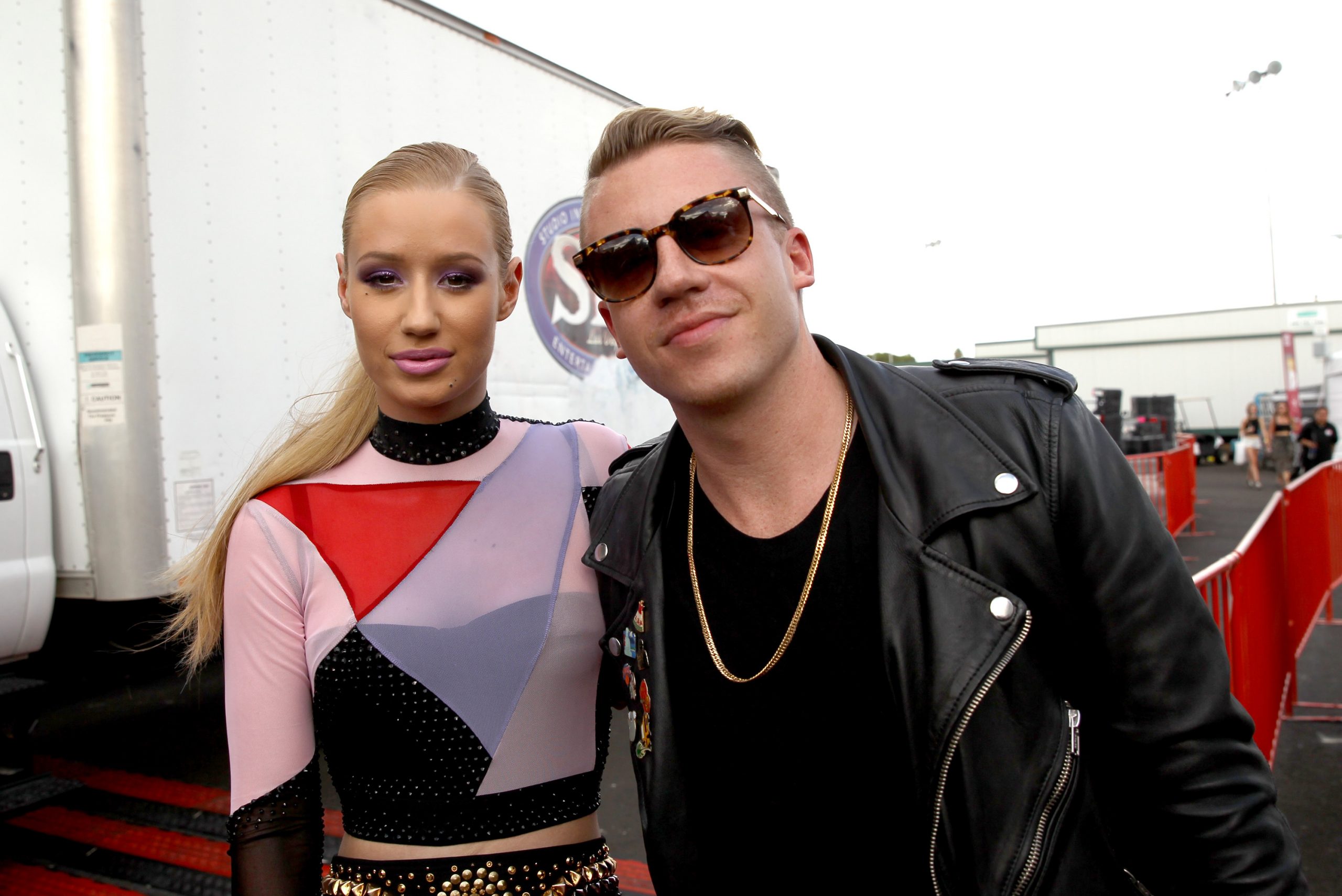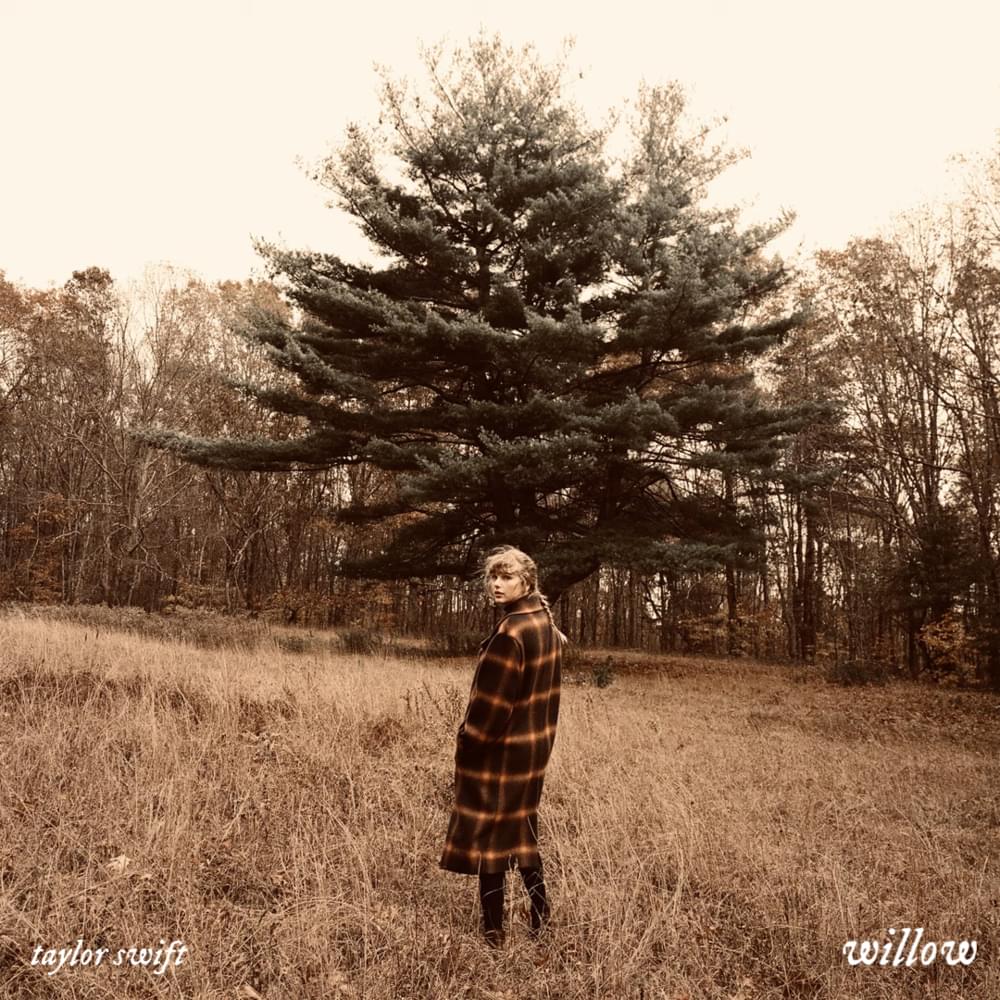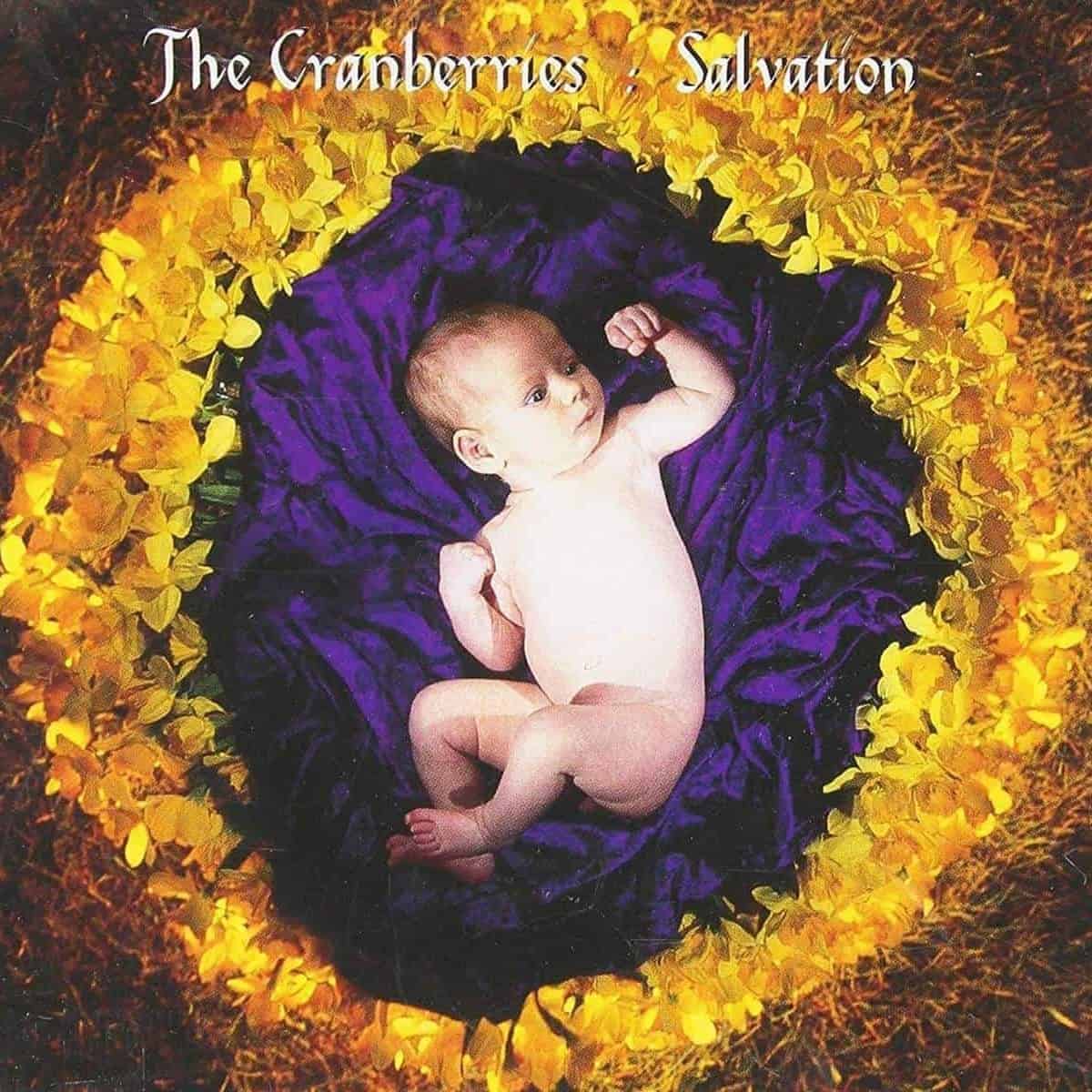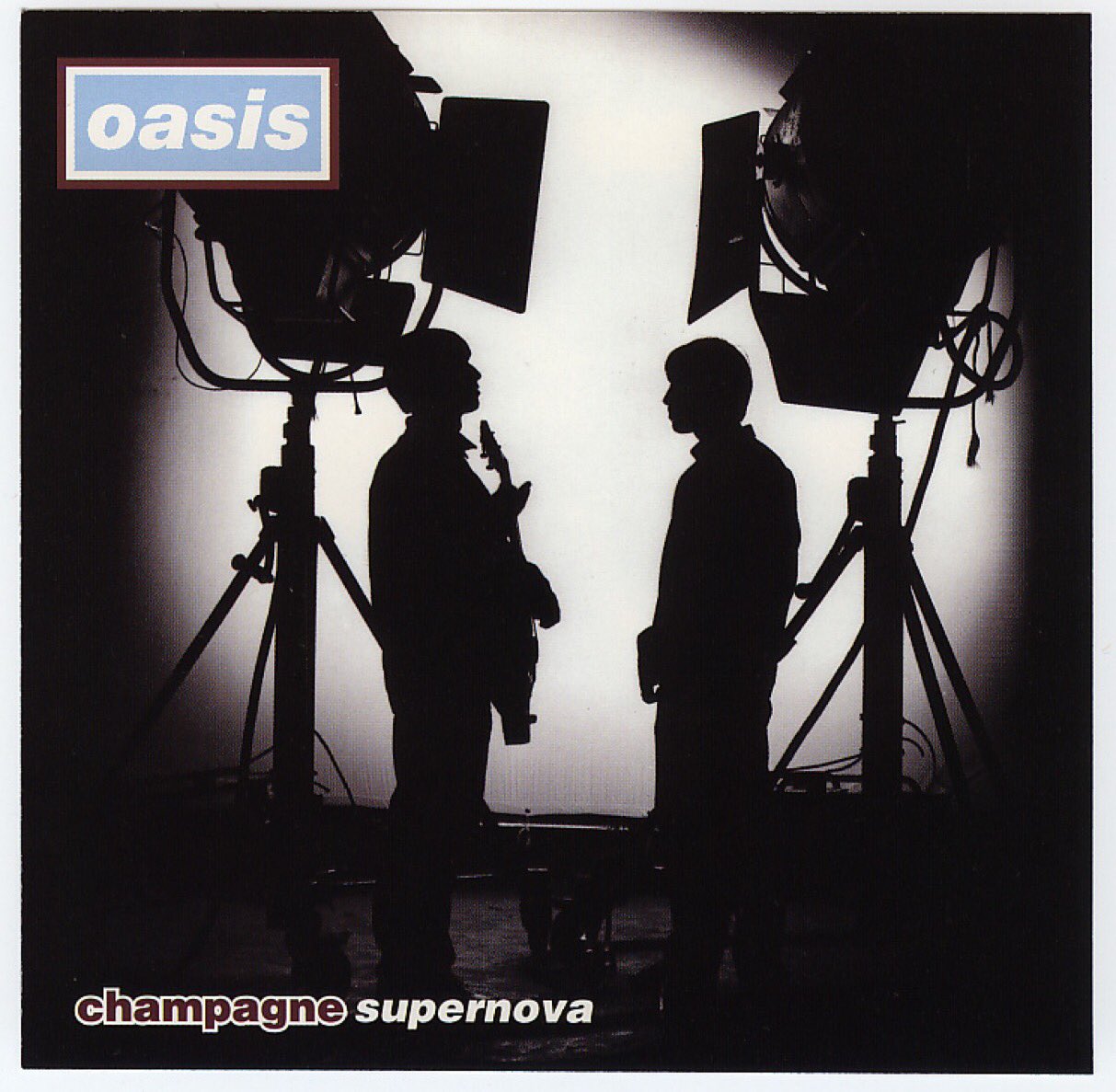In 1960, black rock 'n' roll guitarists like Chuck Berry were among the most vital forces driving popular culture. By 1970, a black rock 'n' roll guitarist like Jimi Hendrix was considered a strange anomaly. Over the course of a decade rock music went from being a pan-racial conversation to a serious, studious pursuit for white people -- or, in any case, that's the way it was widely perceived. That lightning-fast historic whitewashing is the story at the center of my friend Jack Hamilton's new book, Just Around Midnight: Rock And Roll And The Racial Imagination.
Hamilton is a music critic for Slate and a professor of American Studies and Media Studies at the University Of Virginia, and his criticism and academic rigor are all over Just Around Midnight. This is an academic book -- Harvard University Press published it -- but Hamilton writes with a conversational immediacy that makes it profoundly readable; I finished most of it on a single train ride last week. Hamilton writes about the most constantly discussed artists in popular music history -- the Beatles, the Rolling Stones, Bob Dylan, Sam Cooke, Marvin Gaye, Aretha Franklin, Janis Joplin, Hendrix -- in ways that make their music sound new. And the story he tells is a sweeping and troubling one, a real warning about how white cultural imperialism can just completely plunder some of the most vital art in the world.
Anyway, Hamilton is a rap guy just like me, so I thought it would be fun -- in the spirit of this email conversation with Shea Serrano -- to talk about whether the same thing that happened to rock 'n' roll could happen to rap music. In recent years, white rappers have become an increasingly powerful commercial force, and, as Jon Caramanica explores in this great Times piece, they've often done it in ways that cut out black audiences. If you can stand the spectacle of two white guys hand-wringing over white takeover of black music, let's look at the question of whether rap music could ever become white music.
TOM BREIHAN: Your book tells a lot of stories, but its main overarching narrative is about how, over the course of the '60s, rock 'n' roll music went from being a place where black musicians could find fame and success to being perceived as a primarily white form of music. At the time, writers were even talking about how white musicians were being truer to the spirit of black music like the blues than black musicians were. And you make the point that this happened specifically in rock, whereas other forms of traditionally black music like jazz and rap have largely avoided it. But how do you think rap, specifically, has avoided becoming a white-dominated genre? And could that still happen?
JACK HAMILTON: Man, that's a great question. I don't really see it happening with rap, for a number of reasons. For starters, rock 'n' roll music in its 1950s form, when it first burst into the public consciousness, was quite interracial. There were really always both white and black rock 'n' roll stars, for as long as that term had been in existence. That right there makes it pretty different from hip-hop. There's also the fact that hip-hop starts out as a subculture that's firmly rooted in a specific place and takes a pretty long time to turn "mainstream." There's about six years between Kool Herc's legendary Sedgwick Ave. party and "Rapper's Delight," whereas rock 'n' roll really starts as mass culture -- in its early years the music itself is pretty amorphous, and the term is often being used to describe a broad commercial phenomenon rather than a specific musical one. I think hip-hop's roots as a subculture have given it a real specificity with relation to certain categories of identity. Lastly, the Caribbean migrant roots of hip-hop are massively important, which really sets it apart from previous forms of American popular music; I'm not totally sure how that's affected this particular question, but I'm sure that it probably has.
But maybe the biggest thing is that if it were going to happen to rap I think it already would have. What's interesting with rock is that the "whitening" happens really quite quickly -- if you set the birth of rock 'n' roll in the early-to-mid 1950s, by the mid-to-late 1960s black performers are already being pushed to the genre's margins. Hip-hop's already over 40 years old, and white rappers are still very much the exception rather than the rule.
TOM BREIHAN: But they're becoming less and less of the exception, and in the past few years this whole white-rap ecosystem has sprung up, completely parallel to rap's traditionally black audiences and delivery systems, almost entirely separate. I'm sure you saw Jon Caramanica's Times article about white rappers and the way so many of them have chosen to studiously ignore questions of race lately. That's kind of a troubling new development. Do you think we could ever get to the point where there's a mainstream white rap and an alternate black rap world? Or did rap spend so long developing as a form of black art that it'll always be, on some level, culturally black?
JACK HAMILTON: I guess it's possible that we'll get to the point where the mainstream is dominated by white performers, but I think that's a long way off, and I think if that happens something about the genre's status on the whole will have already shifted to make it more culturally marginal. One possibility is that it might go the way of jazz, a genre that for the past 50-60 years has been increasingly populated by non-black musicians and yet whose "pantheon" is still dominated by black musicians -- ask the average person on the street to name a famous jazz musician and chances are they'll rattle off Miles, Ellington, Coltrane, Louis Armstrong, and quite a few more before they get to, say, Bill Evans or even Benny Goodman. But again, I think we're a pretty long way away from even something like that happening, and it's certainly been a really long time since jazz was the dominant popular music in America, as hip-hop still very much is (at least, I'd argue it is). Maybe I'm being naive, but I don't see the cultural connotation of rap being a predominantly black art form really changing anytime soon, and certainly not nearly as quickly and drastically as it did with rock.
TOM BREIHAN: One thing that really struck me about the book was the passage about how certain rock critics, in the late '60s, were writing that white musicians were the ones keeping the spirit of the blues alive while black musicians were reaching for crass commercialism instead. In hindsight, it seems fucking insane that any white critic would've ever had the temerity to spout obvious racism like that. But I can remember a moment, in the late '90s and early '00s, where certain corners of the rap music held up white underground rappers like, say, Aesop Rock as paragons of authenticity, keeping rap music rooted in artistry, while holding those rappers up against popular black rappers who were only in it for the money or whatever. At that point, people knew better than to use racialized language, but it was right under the surface. Did those echoes occur to you when you were finding those old quotes from '60s critics?
JACK HAMILTON: Yeah, definitely. One thing that does bug the hell out of me is when white writers and musicians cast themselves as preservationists of "real" black music, which I think you can see in some corners of throwback soul and R&B music these days as well. There's something sort of smug and smarmy about it to me, and frankly just uncreative, too. I definitely had that reaction to that Macklemore video where he surrounds himself with Grandmaster Caz and all those old-school guys -- like, on one hand, it's great those guys are getting paid and getting a spotlight, but on the other hand there's a particular sort of "work" that's doing for Macklemore in the eyes of his fans that makes me really uncomfortable. I think it's a similar impulse to people who ran their mouths about how, say, Eric Clapton was the last hope for the blues in the late 1960s. [Note: You should really read Jack's "fuck Macklemore" piece.]
TOM BREIHAN: Another point you make in the book is that early rock 'n' roll was a product of a kind of cultural conversation, with musicians of different races influencing each other -- something that continued up through the '60s, with the Beatles and Motown leaving their mark on each other up through Revolver. One amazing thing about rap music, to me, is that it's never been subject to that same kind of conversation. Rap artists, from the very beginning, have been able to absorb influences from whatever white artists they were sampling; Kraftwerk is the great early example. But throughout the years, whenever white artists from outside of rap have tried to absorb rap influences, it's mostly turned out to be a Limp Bizkit type of shitshow. Do you have any ideas on why that might be?
JACK HAMILTON: I actually only think that's the case when it comes to rapping itself -- I agree that most rap/rock hybrids have been pretty terrible. But hip-hop influences on the whole, particularly from a more instrumental/musical standpoint, have been hugely influential on a ton of rock music and many other non-hip-hop genres. There are so many examples, but someone like Beck immediately springs to mind. And just in general programmed drums and samplers and things like that, whose uses were often pioneered by hip-hop artists, are all over all types of popular music these days, including rock. I'm not sure why rapping itself hasn't often worked when transported to other genres -- maybe someone just hasn't done it all that well yet?
TOM BREIHAN: One last question: You figured out a way to slip Kanye West a copy of your book. Has he told you what he thought of it yet?
JACK HAMILTON: Hahahahahaha. Not yet, but I will admit I am keeping an eye on Twitter.
Jack's book is available here, and he's also doing a five-part Slate Academy podcast about it, which you can check out here.
FURIOUS FIVE
1. Ty Dolla $ign - "???" (Feat. Migos)
Ty Dolla $ign is not a rapper, so maybe this song is not, strictly speaking, rap music. But that beat is pure creeping annihilation, and the things that the Migos do to it are just merciless. Quavo's whole thing should be old by now, but he just raps too well and sounds too impressed with himself.
[videoembed size="full_width" alignment="center"][/videoembed]
2. L'Orange & Mr. Lif - "A Palace In The Sky"
Mr. Lif's weary precision was gone too long, and it's great to hear it back in full-force, especially over a strange, stumbling, pretty beat like this one.
3. Gucci Mane - "Bling Blaww Burr" (Feat. Young Dolph)
Metro Boomin beats are somehow still getting weirder, and as much as I love nu-Gucci (especially the way he says the word "obvious"), I really wish this hovering-spaceship monster had taken its rightful place on 21 Savage's Savage Mode.
[videoembed size="full_width" alignment="center"][/videoembed]
4. Swet Shop Boys - "Shottin"
Riz Ahmed did such great work playing a brown kid targeted by cops in The Night Of, and now he and Heems are inhabiting that same rage over a beat that honestly slaps. You should be excited about that Swet Shop Boys album.
5. Jermaine Dupri & Da Brat - "Big Brother x Little Sister"
Da Brat has to be, what, a top-20 underrated rapper of all time? She just sounds so fucking tough.
IT WAS ALL GOOD JUST A WEEK AGO
Tonight, Beyoncé showed love to Shawty Lo in Atlanta. #RIPShawtyLo pic.twitter.com/crbI0DFWOY
— RM (@MsReginaM) September 27, 2016






